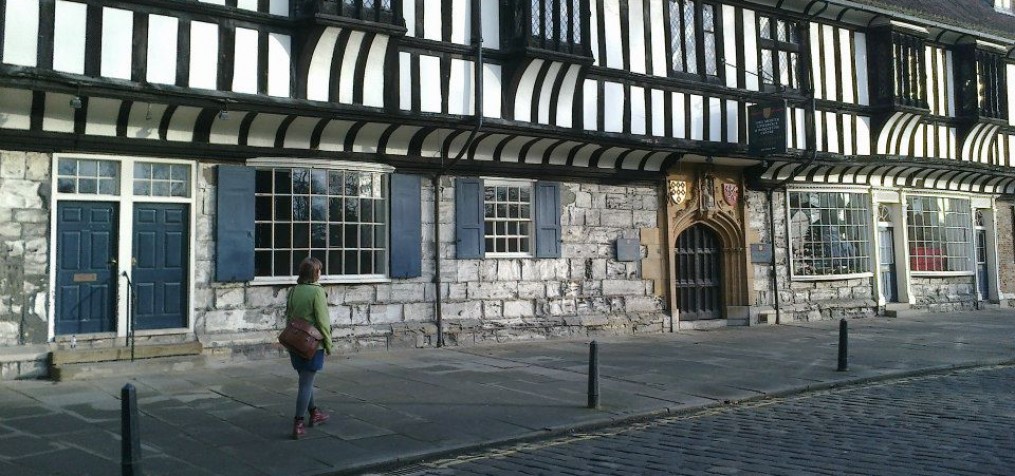In the past few months it has become apparent to me that the subject of voluntary work, in heritage in general and archaeology in particular, is a really rather difficult one. I’ve decided to write this post because the topic has been raised more and more as my classmates and I reach the final stretch of our studies in Cultural Heritage Management and Other Wonderful Archaeological Topics.
It has only become more apparent as I begin to search out jobs and complete application forms from employers who expect a huge amount of experience (both voluntary and paid) from successful candidates. All too often, it is impossible to gain experience in a paid position until you have really rather substantial voluntary experience. Personally I have around 700 hours of voluntary experience, most of which is in field archaeology, and some of which is curatorial or journalistic. But still this does not feel like enough to get the jobs which I have spent the last 6 months qualifying myself to do.
So one of the issues that comes straight to mind is what exactly qualifies someone to do a job – is it experience or is it a piece of paper? Universities are churning out hundreds of gifted and enthusiastic graduates and postgraduates who are inexperienced but who have all demonstrated an ability to learn and apply themselves to various tasks with which they might be confronted with in the working environment (as far as I can gather teaching transferable skills has become extremely important in most university curricula), but their lack of experience hinders them significantly.
So who does have the experience? Well, to me it appears to be those who have the resources that mean they can devote considerable amounts of time to their chosen voluntary pursuit, be that field archaeology or being a Steward at a museum or heritage site . This brings us on to an even more challenging subject. It is, of course, money! Those who can afford to work for free, are able to do so. Those who have spent a considerable amount of money (not to mention time!) studying Cultural Heritage Management, Digital Heritage, Public Archaeology, Museum Studies need to be paid for their time in order to make their investments in their education worthwhile. Could it be argued then that heritage practice is becoming de-specialised because there are those without qualifications who are willing to work for free?
I must stress here that I am in no way against the involvement of volunteers and the general public in archaeology and heritage. I am a strong believer that everyone who wants to should be able to be involved in their own heritage, but if we lose the heritage specialist, then what do we have left?
There are so many aspects of this conversation to pursue (to list just a few: diminished levels of knowledge/professionalism in the field, entertainment, potentials for community development) which have been mentioned by some of my fellow tweeters.
Interestingly enough, as I started this post, I tweeted about it, and the very immediate and passionate response I had from both followers and non-followers was interesting. This is clearly a subject that people have strong feelings on. I’d love for this to become and open (respectful!) discussion, so please contribute in the comments below, or join in the twitter conversation here. We’re using the hashtag #FreeArchaeology to contribute our thoughts and opinions on the subject!
I will leave you with an interesting and amusing little flow chart that a good friend and fellow blogger of mine, Hannah Sterry pointed out to me. It is entitled Should I Work for Free? and I believe it contains swears, although there is a button at the top which will remove all traces of the f-bomb.
I look forward to hearing any contributions anyone may have and below I will provide links to others’ thoughts on the subject:
Stone: Some Incoherent Thoughts on Volunteering – A wonderfully honest blog post from Lucy Shipley
Q: Why should archaeology be free? A: It shouldn’t. – Jennie Bancroft presents some statistics that provide an insight into volunteer culture in British Heritage
free archaeology, part one: volunteering, training and crowdfunding – A nice review of how the #FreeArchaeology twitterstorm started, summarising the arguments made on twitter and through blogging.




